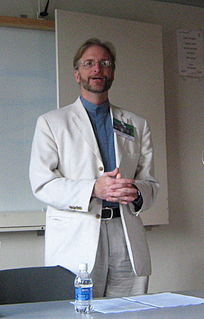A Quote by Nathan Greno
Developing a full length feature is much longer process than developing a short. With features you're typically dealing with more characters, plot, emotion, story arc, etc. - a short is the same only much... shorter!
Related Quotes
Works of art are not so much finished as abandoned. Perhaps poems can be perfect. A short-short story might even be perfectible, as effective and enjoyable for one reader as the next. But novels and other book-length narratives are great rambling things that always contain some flaws. For works of any length, there comes a point when your continued tinkering won't improve the whole, but will just trade one set of problems for another.
Developing fewer features allows you to conserve development resources and spend more time refining those features that users really need. Fewer features mean fewer things to confuse users, less risk of user errors, less description and documentation, and therefore simpler Help content. Removing any one feature automatically increases the usability of the remaining ones.

































